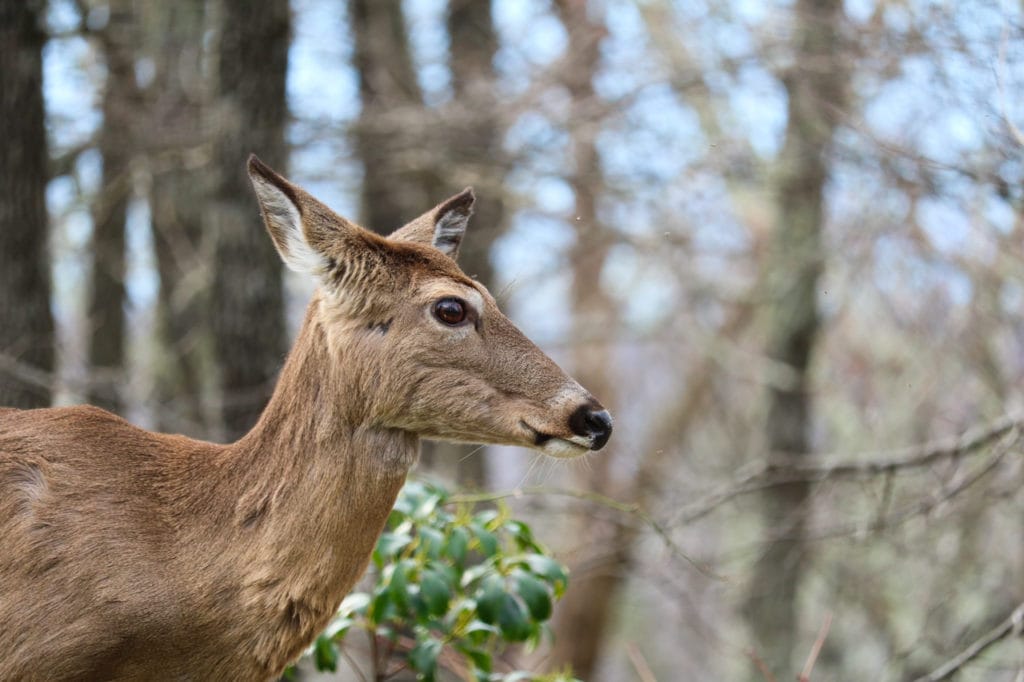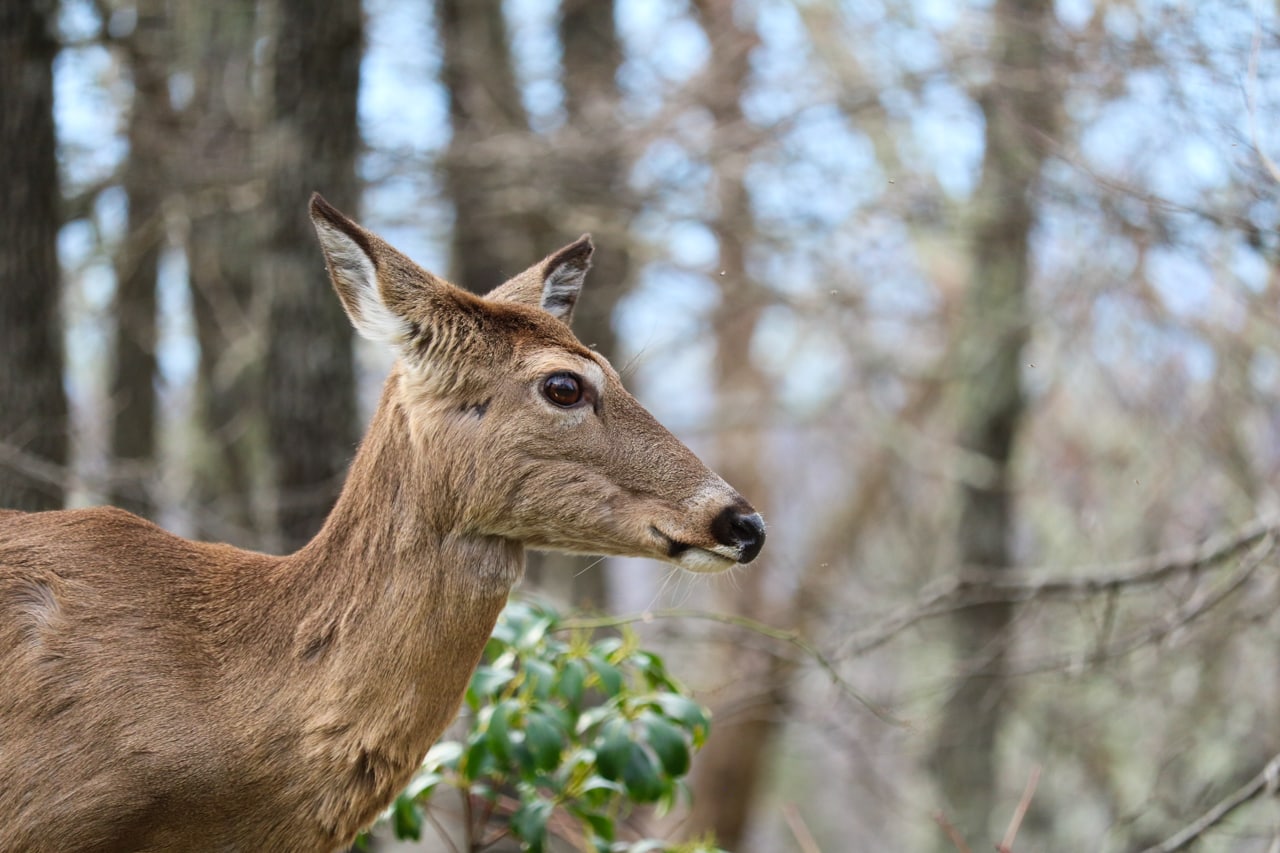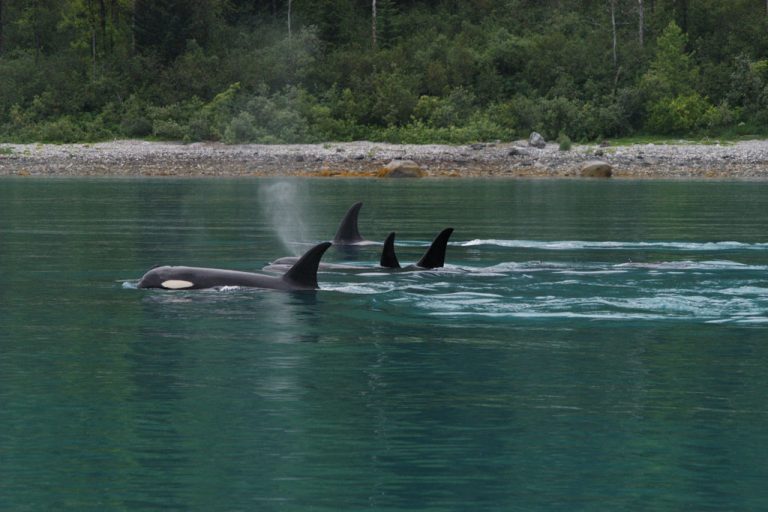Deer in DC-Area National Parks Test Positive For COVID-19
This news story about COVID-19 in deer in DC-area national parks is based on a February 25, 2022, National Park Service press release. You can read the original release here.
COVID-19 is no longer a disease that only affects human—and hasn’t been for quite a while—as new test results from Washington, D.C.-area national parks confirm.
In a press release, the National Park Service reported that recent routine white-tailed deer management operations and disease sampling showed positive test results for SARS-CoV2 (the very virus that causes COVID-19) in the deer population in parks in and around D.C.
White-Tailed Deer in D.C.-Area National Parks Test Positive For COVID-19
The sampling was performed by researchers from the USDA Animal and Plant Health Inspection Service (APHIS) and Pennsylvania State University. It encompassed deer from Catoctin Mountain Park, Rock Creek Park, Monocacy National Battlefield, and Chesapeake and Ohio Canal National Historical Park.

White-tailed deer from many regions of the country have tested positive for COVID-19 so far. The researchers said they “anticipate that results of ongoing testing at Antietam National Battlefield and Harpers Ferry National Historical Park will have similar outcomes.”
COVID-19 is spread by respiratory droplets from living animals. The National Park Service stated that there’s no evidence the disease is spread through deer remains or droppings.
Additionally, COVID-19 is present in both human and deer populations, and deer generally avoid humans.
According to the Centers for Disease Control and Prevention (CDC), “the risk of getting COVID-19 from animals in the United States, including wildlife, is low.”
Regardless, visitors to any of America’s national parks should always follow these wildlife considerations:
- Keep a safe distance from all wildlife, including deer.
- Do not attempt to feed any wildlife or touch wildlife droppings.
- Dogs should always be on a leash to protect both pets and wildlife. Leashes protect dogs from becoming lost, getting too close to others, and disturbing (or being disturbed by) wildlife.
- Keep pets away from wildlife and their droppings.
- Stay on official trails.

Whenever possible, the NPS donates all suitable meat from its deer management operations in the D.C. area to local food banks, consistent with NPS public health guidelines.
CDC guidance is clear that there is no evidence that humans can get COVID-19 by preparing or eating food, including wild hunted game meat in the United States.
NPS staff have reached out to the local food banks that are depending on and expecting venison donations to provide information about the SARS-CoV2 results and to discuss how the food banks will handle donations.







